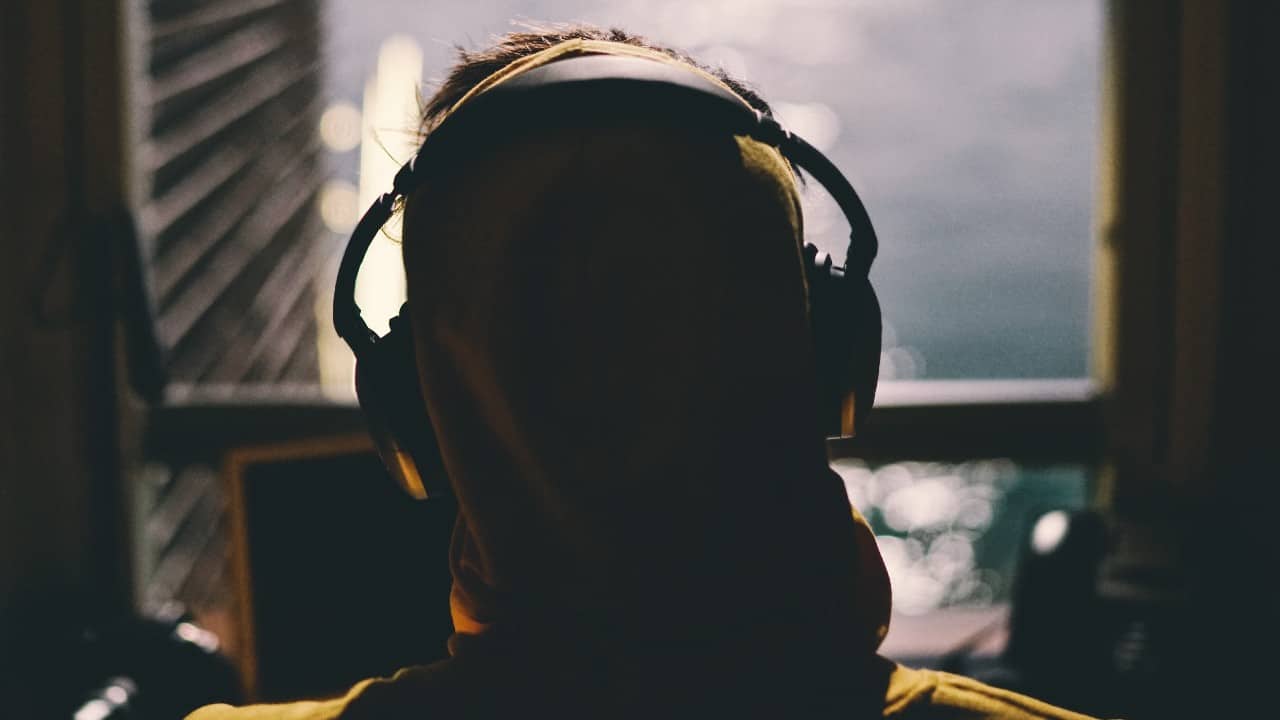A team of mathematicians led by McMaster University Graduate Dora Rosati have concluded that electronica is the “most infectious” genre of music. Using epidemic curves to study the popularity of musical genres, the team found that downloads of electronica songs after release nearly mirror the pattern of the spread of infectious diseases.
The study, titled “Modelling song popularity as a contagious process,” was published in Proceedings Of The Royal Society A: Mathematical and Physical Sciences. It found the parallels between music downloads and the spread of epidemic diseases by employing SIR, a classic model used in the study of infectious diseases.
The study cited a database of nearly 1.4 billion songs acquired through the now defunct music streaming service MixRadio. The top 1,000 songs downloaded in the U.K. between 2007 and 2014 very closely resembled the SIR model.
“It implies that a lot of the social processes that drive the spread of disease, or analogues of those processes, might also be driving the spread of songs,” Rosati said of the study. “More specifically, it supports the idea that both music and infectious diseases depend on social connections to spread through populations.”
The team employed the R0, or reproduction number — a numerical rating of a disease’s ability to spread — to evaluate the popularity of music by genre. Electronica had the highest R0 of 3,430, making it roughly 190 times more “transmissible” than measles, which has an R0 of 18. Pop, rock, and hip-hop proved to be quite infectious as well, while metal and dance music clocked in with the lowest R0 scores: 3.7 and 2.8, respectively.
“The reason why we might see some really sky-high R0s for songs is that you can just make a tweet and you have already infected a hundred people,” said Dr. Thomas Rawson, a disease modeler at Imperial College London. “You can spread a song disease far quicker than you could an infectious disease.”
“There are probably a lot of people in a population that may already be immune to a genre like electronica, because of their existing tastes. My nan, for example, is particularly resistant to the infection of trap and dubstep,” he continued.
Rosati concluded: “Maybe what those numbers are telling us is that electronica fans tend to be more passionate about their favorite songs… Or maybe the social network of electronica fans is more strongly connected.”
Read the full study via The Royal Society Publishing.




